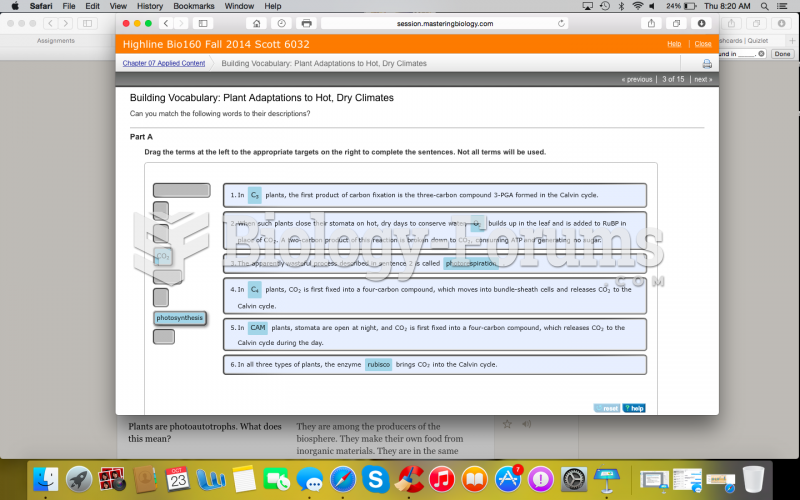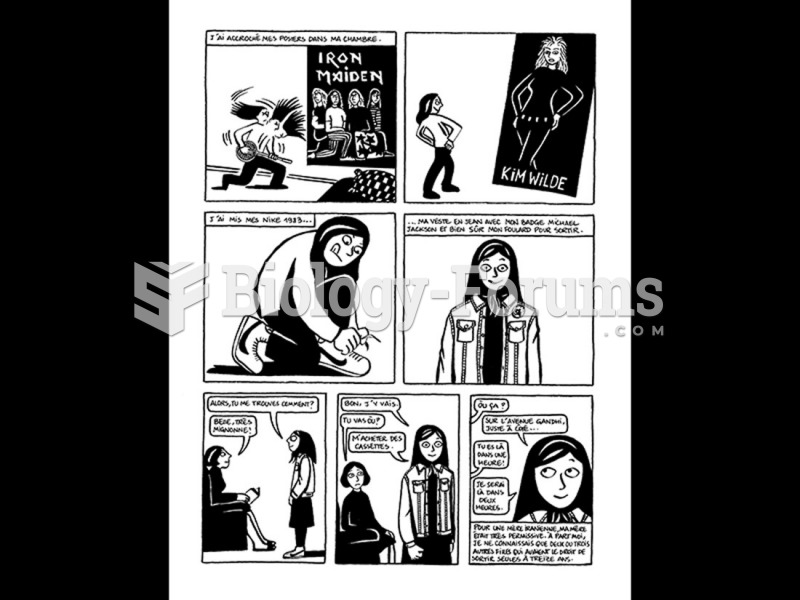Answer to Question 1
A client who has little or no assets or income is judgment proof. This means that even if creditors sue the debtor and obtain a judgment, collecting the debt will be impossible because the debtor has no property to attach or wages to garnish.
Instead of filing for bankruptcy, it is possible for some debtors to negotiate some form of compromise with creditors, the effect of which provides the debtor with some relief and assures the creditor of some payment. A debt settlement is a lump sum payment to the creditor, from 30 to 50 of the total debt, in satisfaction of the entire obligation. Instead of pursuing a bankruptcy case, the attorney may represent the debtor in the negotiation process rather than the debtor having to deal with aggressive collection agencies or creditors' attorneys. Some debtors seek the assistance of debt management agencies in negotiating a debt settlement.
In contrast, debt consolidation is a bankruptcy alternative that requires the debtor to obtain a large loan to pay off existing debts. The debtor is left with one loan payment, usually at a lower interest rate than those on the multiple debts originally owed. Loans extended as part of debt consolidation are secured, meaning that an asset must be pledged as collateral. A debtor who has numerous credit card debts, for example, may consolidate her debt by obtaining a large loan, secured by her home, which she will use to pay off her credit cards. If she defaults, however, she can lose her home.
In addition to negotiating a payment plan with creditors, debtors may be encouraged to create a budget and reduce expenses. They may be able to eliminate unnecessary expenses and readjust their lifestyle to make ends meet. Budget assistance may be provided by courses on the Internet, adult education classes, credit counseling services, or a financial professional.
Answer to Question 2
The initial client interview is the bankruptcy client's first meeting with the attorney and his or her paralegal. It is when the attorney provides the client with legal advice; takes the initial steps to determine which bankruptcy chapter is appropriate, considering the client's circumstances; and establishes the attorney-client relationship. A paralegal is often present at the initial interview because it is the paralegal who has most contact with the client. The paralegal's main function during the initial interview is to take notes and assist the attorney in the information-gathering process. At the initial meeting, the client will be instructed to gather detailed financial information, which, depending on the client's circumstances, will take considerable time to assemble. The client is given the task of completing a bankruptcy worksheet before the next meeting with the attorney.
Bankruptcy clients may experience shame, embarrassment, and fear when faced with the possibility of being unable to afford the basic necessities of life. It takes a lot of effort for clients to make the ultimate decision to file for bankruptcy. They may view themselves as failures and worry that their friends, family, employers, and acquaintances may find out about their financial troubles and think negatively of them.
Paralegals and attorneys should reassure their clients that they are not obligated to tell anyone they do not trust about their bankruptcy and that the office will maintain their confidentiality. It is best to encourage clients to focus their attention on working toward a fresh start rather than dwelling on the negativity associated with bankruptcy.







